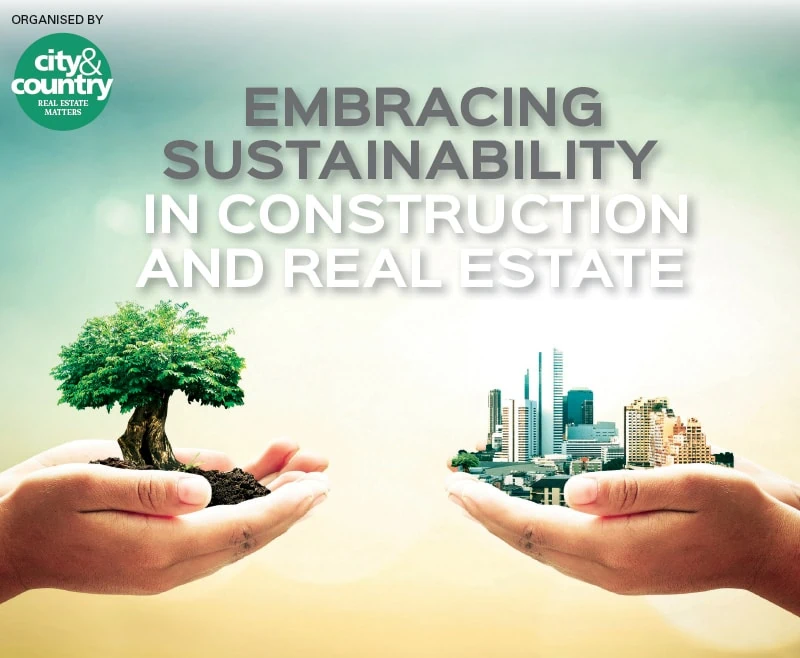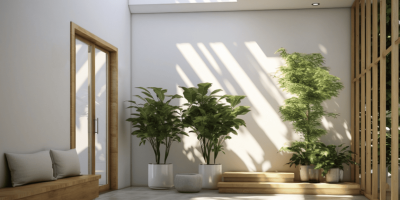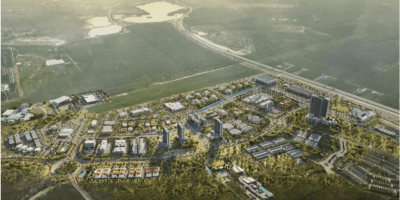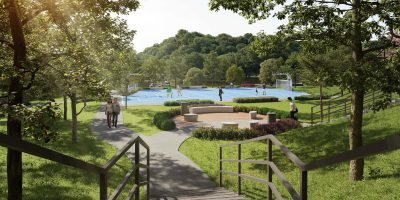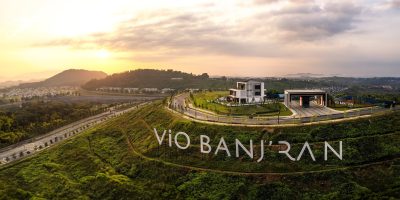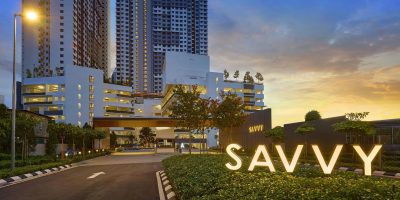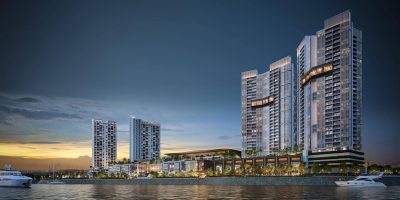This article first was originally published on The Edge Malaysia
The real estate market is ever changing and has certainly become more challenging in the past decade. From political instability to increasing unaffordability, there is much to be concerned about. However, while still subdued, the market has somewhat improved this year and good opportunities can still be found if one knows where and what to look out for.
The Edge Malaysia RealTalk 2023 (RealTalk), with the theme “Navigating Risk, Finding Opportunities”, will discuss some of these issues. RealTalk is part of The Edge Malaysia and YTL Cement’s Embracing Sustainability in Construction and Real Estate Symposium, which will be held on June 23 and 24 at the Sime Darby Convention Centre in Kuala Lumpur.
An industry forum entitled The Edge Malaysia Sustainable Construction will be held on the first day for the C-suite and directors of property developers, the construction industry and relevant associations. RealTalk, which will be held on the second day, will be open to the readers of The Edge Malaysia. Both are half-day forums.
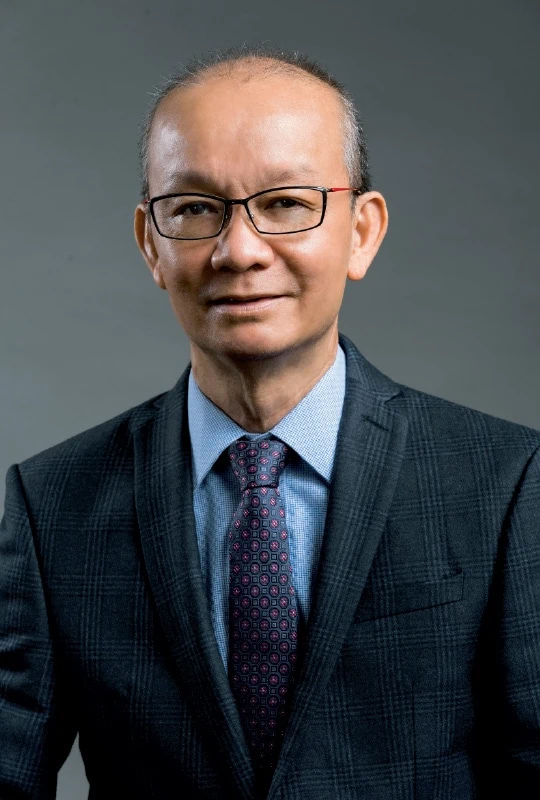

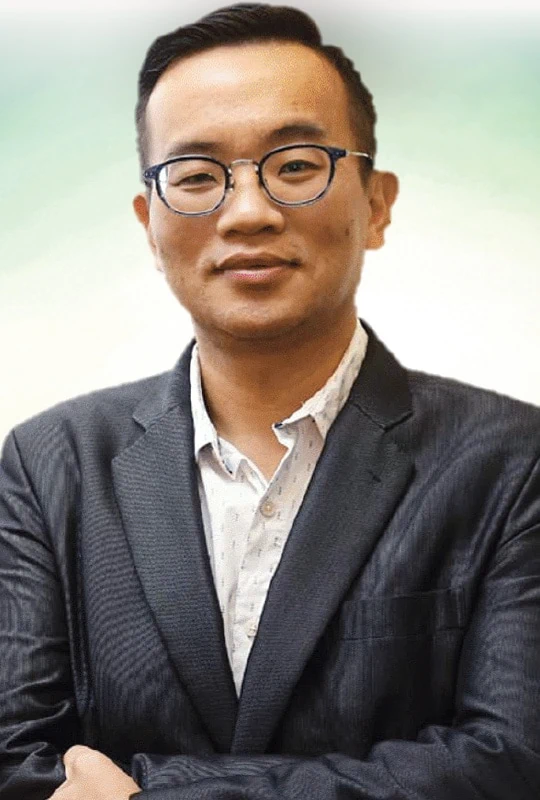
The speakers for RealTalk are CBRE | WTW chairman Foo Gee Jen, Keller Williams Malaysia deputy regional operating principal Jonathan Lee, Henry Butcher Malaysia (Mont’Kiara) managing director Low Hon Keong and Rahim & Co International CEO of estate agency Siva Shanker.
For the panel discussion, the presenters are Zerin Properties CEO and managing director Previndran Singhe, GreenRE executive director Ashwin Thurairajah and Gamuda Land executive director of product management unit Jess Teng and Sime Darby Property Bhd head of safety and sustainability Mohd Razif Mohd Yusoff. The panel will be moderated by Knight Frank executive director of research and consultancy Amy Wong.
Foo, in his session “Market Review: The Next 12 Months”, will look back at the significant events that have shaped the property market over the past year and share his forecast for the next 12 months.
“As the government undergoes efforts to rationalise subsidies, we must consider the potential changes in consumer spending patterns and prepare accordingly. This may require a deeper understanding of how these subsidies have been impacting our economy as well as how consumers are likely to respond once they are removed or reduced,” he says.
Foo also highlights that the upcoming state elections may trigger some uncertainty in the property market.
“We should consider how state elections can cause significant uncertainty and disruption in current governmental and decision-making processes. The potential changes following a shift in political power could have far-reaching consequences on policies, programmes, budgets and regulations affecting key sectors,” he says.
Lee will explore buying older properties in his session, “Opportunities in Ageing Properties”.
“The potential in ageing properties is in the margin, where investors can buy a property at a lower price and create value for the property. For example, Petaling Street used to have very rundown shoplots. Today, many of these shops have been converted into cafés by investors and they tend to have better rental yields than business owners who run a stationery shop there,” he says.
“For homebuyers, an ageing property is an affordable alternative that allows them to renovate the property into the home of their dreams. Placemaking elements can help to increase the value. Note Petaling Street’s transformation from housing small businesses since olden times to a hip place with nice cafés and bespoke bars that command premium rents. So, changing the landscape of the businesses in that location will help to increase the value.”
Lee believes one way to increase value in an ageing property is to change its utilisation. For example, to increase the value of a big house with only three bedrooms, one can convert it into a six-bedroom house.
“Besides that, changing the interior design of the house is another way to increase its value, making it more palatable and modern to suit the current lifestyle. Changing the design elements will create a different way of how people utilise the property and hence increase its value,” he explains.
Meanwhile, Low will speak on “Maximising Returns with Effective Property Management Strategies”. He stresses that a good property manager is crucial to sustain and improve the condition of a strata property, which will translate to higher value and rental rates over time.
“A good property manager is capable of effectively managing the finances of a property, resulting in improved service levels for both the joint management body (JMB) or management corporation (MC) and proprietors. The property manager [would be able to offer] expert guidance to the JMB/MC on the aspect of security and safety, cleaning, maintenance and community management, and maintain regular communication with the JMB/MC, ensuring effective collaboration and addressing any concerns and issues that may arise,” he says.
A deep understanding of the relevant Acts such as the Strata Titles Act is crucial to ensure compliance with legal requirements and provide necessary legal advice to the JMB/MC and developers, he adds.
Siva will address the opportunities in the market in his session, “Where and What to Buy”.
“The real estate world has been turned topsy-turvy by the Covid-19 pandemic. The conventional methods of analysis and thinking may no longer be completely relevant. Investors have to adopt new ways of thinking and understanding the market,” he says.
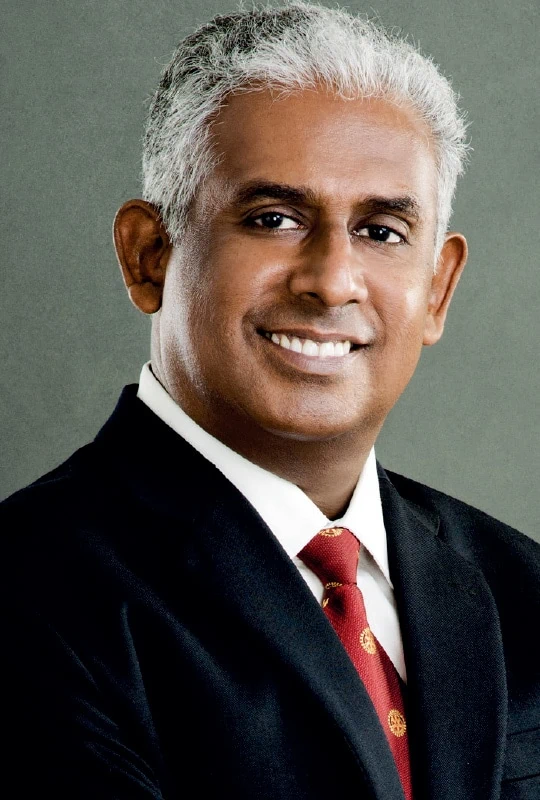

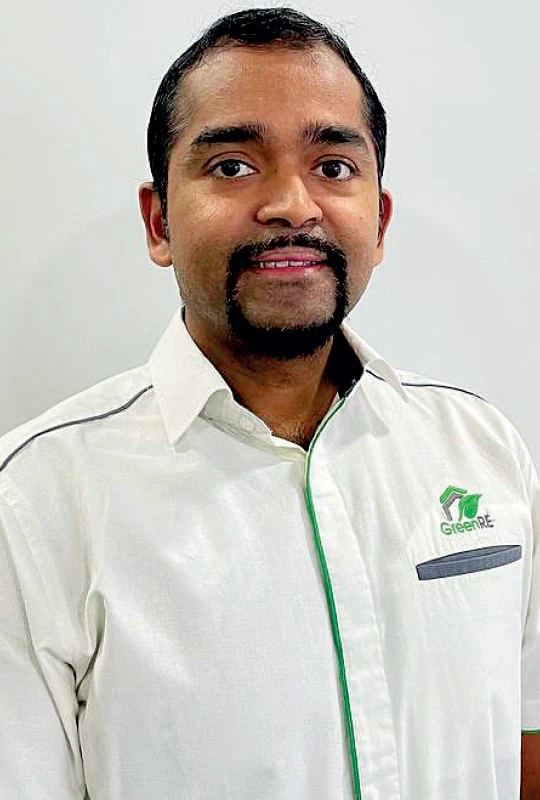


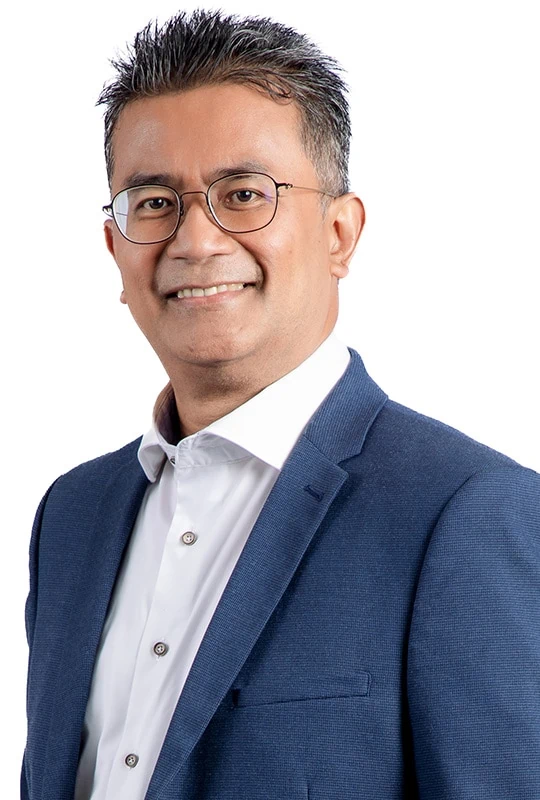
Siva notes that hotspots seem to be closely associated with transport. Hence, transport-oriented developments are fetching better values in general.
“Suburbs in the immediate outskirts of the city are still in high demand, although they may be out of reach financially for the average Malaysian. Affordability is the biggest factor in buying a residential property. Location comes a close second. Design, look and feel also play an important role [while the other factors are] the track record of the developer as well as facilities and the availability of amenities, infrastructure and so on,” he says.
For the panel discussion, Previndran, Ashwin and Teng will offer their views on “Buying into Sustainable Developments”. It will be moderated by Wong.
Previndran will cover the cost and benefits of buying a sustainable development, its challenges, as well as financing for green-certified properties. “Some of the benefits of investing in sustainable real estate developments include lower operating costs, higher resale value and increased tenant demand,” he says.
Sustainable properties can also be resilient to climate change, reduce the property sector’s carbon footprint as well as meet strict codes and regulations for environmental and social responsibility, adds the real estate industry veteran.
Ashwin, a professional engineer with the Malaysian green building certification body, will cover the definition of sustainable buildings, examples of good design practices, hurdles the industry faces and how we can accelerate the climate ambition in the property development sector.
“It is a misnomer that a sustainable building is one that has a lot of greenery. Instead, the incorporation of greenery is merely one of several indicators, the most important being optimising the design of a building for improved energy efficiency,” he points out.
By using Gamuda Cove as a case study, Teng — who currently heads Gamuda Land’s product management unit, which manages product innovation and design as well as sustainability initiatives for the organisation and townships — will share the company’s sustainability journey, insights into sustainable townships and buildings and innovative ideas in making townships and buildings more sustainable, as well as discuss the relevant frameworks and assessments.
“The Malaysian Green Technology and Climate Change Corporation (MGTC), an agency under the Ministry of Natural Resources, Environment and Climate Change, has recognised Gamuda Cove as the country’s first private township to receive a 5-diamond in Low Carbon City Framework Design. This would see Gamuda Cove implementing low carbon city strategies by reducing 45% total carbon dioxide compared with the business-as-usual design of a township. For this panel discussion, I will share how mindful planning of the township — including the various elements of measures, innovations and initiatives — underscored this recognition,” she says.
Policies and track record matter too. According to Mohd Razif, the best way to identify a developer with clear and actionable sustainable policies is to look at its reporting and track record.
“Does it have a sustainability policy, board oversight on ESG performance and are there ESG goals or targets that are measured and publicly disclosed. A good developer will also include its challenges in its disclosures. The disclosures are also reported to public platforms such as Carbon Disclosure Project (CDP) which reflect its seriousness in being accountable and transparent. Above all these, a developer should have a statement of purpose and for a real estate player, sustainability is a key component in that purpose statement,” says Mohd Razif.
It is also important to look at the actions taken, and ask if this is a short-term or long-term plan. “Does the developer invest in not only good quality homes but also the wellness of the township and makes green spaces available to the wider communities, which extends the ‘green equity’ to the less privileged? The developer takes social aspects seriously, being a good corporate citizen investing in the immediate and wider communities in the areas of education, environment, sports, and arts and culture.
“A well-designed township means homebuyers are a few minutes away from wellness activities, green spaces or cycling tracks to get their groceries. Latterly, a number of developments are in close proximity to public transport, reducing their carbon footprint further,” says Mohd Razif.
He notes that investors are increasingly looking at aligning ESG to their investment criteria and will be looking at companies that incorporate ESG values into their work culture and products.
Meanwhile, moderator Wong says, “By understanding sustainable development, homebuyers can make informed choices and support projects that prioritise well-being and quality of life for current and future communities.”
She believes homebuyers and investors should buy into sustainable developments because of the long-term cost savings provided by energy-efficient appliances and water-saving initiatives, as well as increased property value and potential rental income due to the environmental and social benefits for occupiers.
“Sustainable developments also ensure building code compliance with present and future regulations, mitigating the risk of costly retrofits or penalties. It aligns with individual values to prioritise ethical and responsible investment choices, to contribute to positive change and create a tangible impact, Wong explains.
